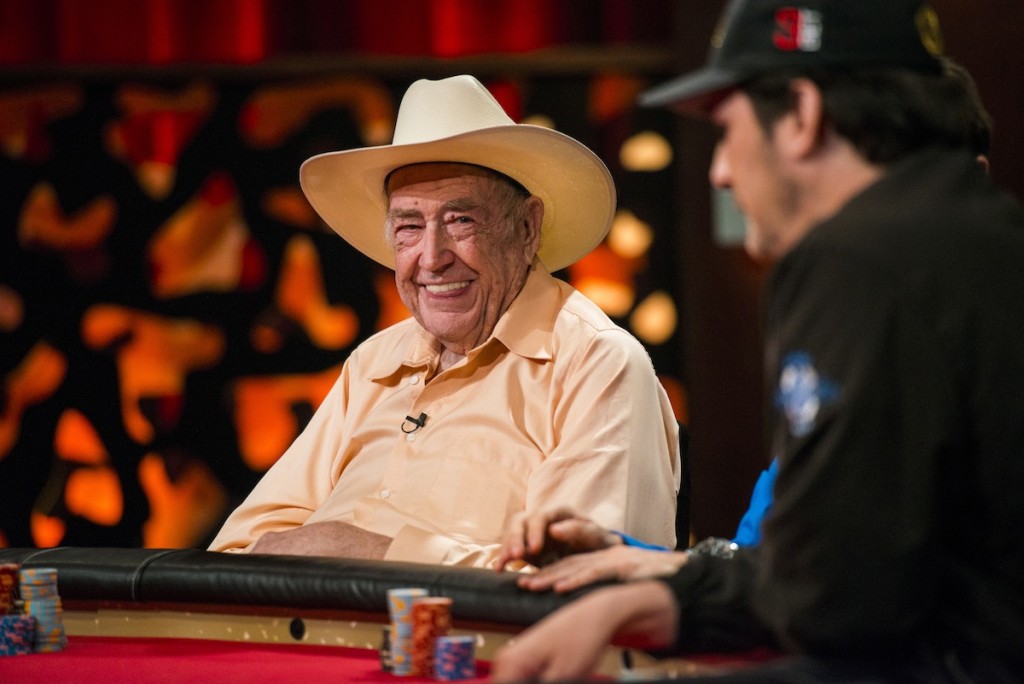
How do I control my emotions?
Playing poker in the long term it's hard to always be a successful player. But the complexity is not in the game itself, although poker, especially at high limits, is full of all sorts of details and becomes very complicated.
In my opinion, the complexity lies in the psychological aspect of the game. Specifically, the player's ability to control his emotions when the going gets tougher and tougher, especially in the long term.
Poker can be a very frustrating and debilitating game. If you plan to play poker regularly for years on end, you need to find a way to avoid the stressful situations that the game will present.
Anyone who has been playing poker for a long period of time will sooner or later experience a sharp decline (downswing). The ups and downs of poker are no surprise, even for professionals. That's where stress management comes in.
Doyle Brunson, also known as the Godfather of Poker, when asked who he sees as a great player among poker's young stars, replied: "I don't know yet. Ask me the same question again in 30 years."
To be a successful player in the long term, you need to be able to continuously control your capital and emotions. When things are going well, it's easy to stay in the mood. But when things start to get worse, things get a bit more complicated. A couple of consecutive bad beats and most players are knocked off their feet, with nothing else to think about but their failures. This can have sad consequences. If you start to think that the "poker god" is against you, stop playing immediately, because it will only get worse.
Phenomenon caused by 'bad beats' stories
Players who finish the session with a solid win respond by praising themselves with "I played really well today" or "I hardly had any bad beats today". That's nice, of course, but things can change quickly. The worst thing is that failures are remembered for a long time, while successes are accepted as normal.
The inability to interpret situations correctly leads to a certain phenomenon - the "bad beat" stories. Everybody knows them, everybody hates them and almost everybody tells them.
It wouldn't be so bad if poker player to look at these situations objectively, but the opposite is true - most players try to take a much deeper look, which leads to even more stress. The life of a professional poker player is already stressful enough. Therefore, additional stress will only have a negative impact. Someone who plays worse because they feel bad will usually play a little more passively or, on the contrary, recklessly (like a maniac).
No one is happy to lose a big bank. Even if it's because of a "bad beat". If you want to play poker seriously, you need to be able to separate your emotions from the results of the game session.
Don't get upset about things you can't change anyway. The more you dwell on it, the less you can concentrate on the things you can still control - your personal actions.
If you lose a big pot to a player who only had two cards, laugh and say "Nice Hand". And think for yourself. After all, the player you lost to in your last hand is your best customer and will pay you much more in the future. So treat that player accordingly. After all, they say: "keep your friends close and your enemies closer".
Borrowed from: http://www.pokerzeit.com/pokerstrategie/pokerpsychologie/emotionen-kontrollieren





